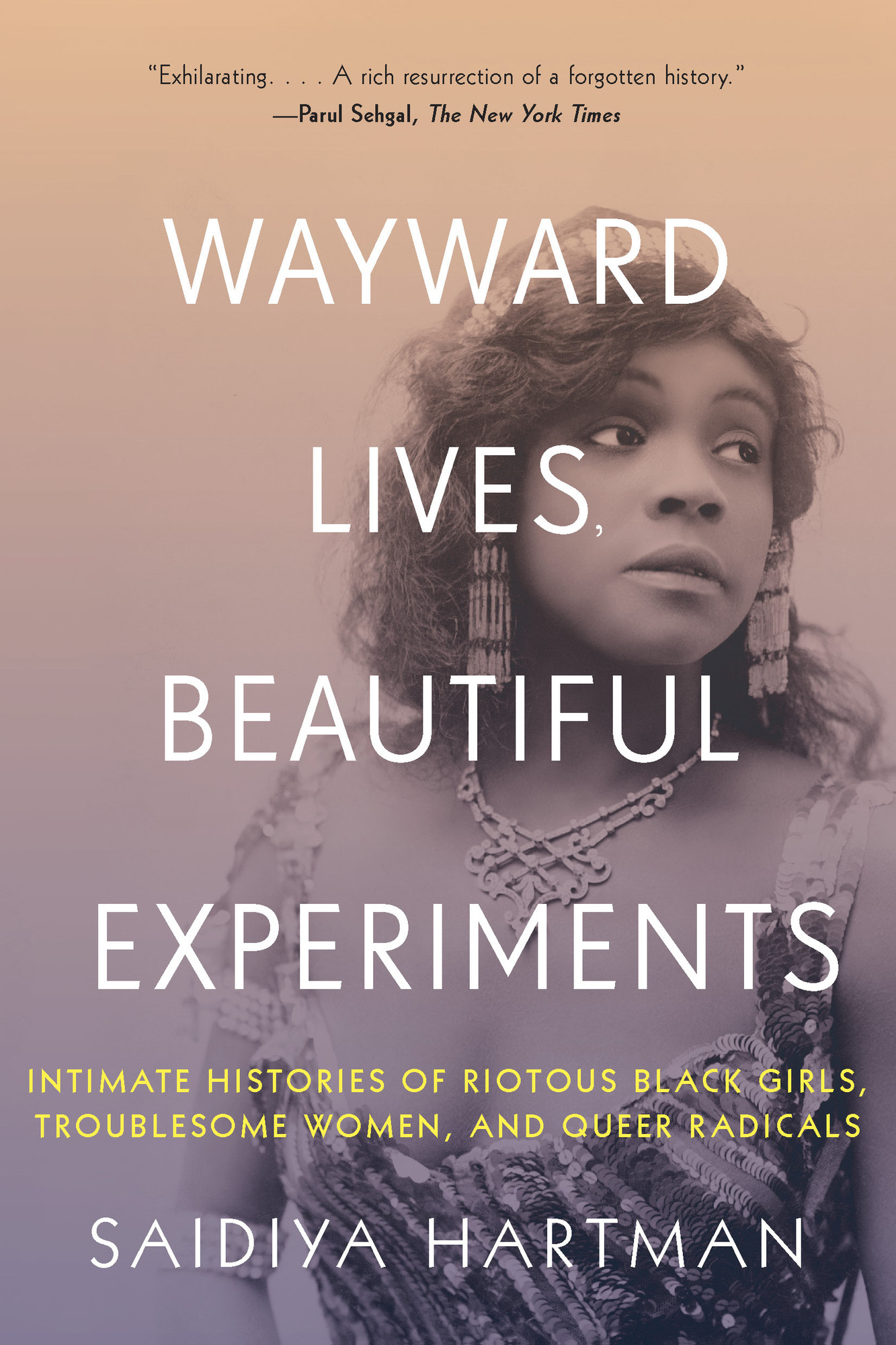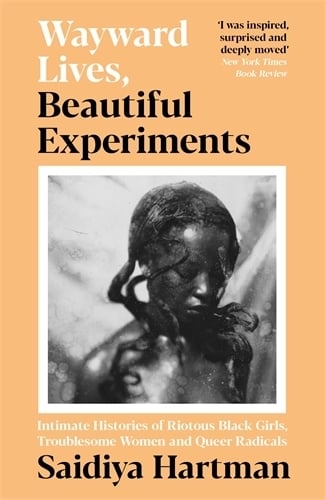
“She definitely has a bit of that holding-your-tongue thing as a power mode,” the artist Arthur Jafa, a friend and collaborator of hers, told me. Hartman has a serene, patient demeanor, which the cultural theorist Judith Butler described as “withheld and shy, self-protective.” She speaks at what seems like precisely three-quarters speed, to allow her to inspect her thoughts before releasing them. A professor of English and comparative literature at Columbia, she occupies a singular position in contemporary culture: she is an academic, influenced by Michel Foucault, who has both received a MacArthur “genius” grant and appeared in a Jay-Z video.

Hartman, who is fifty-nine, wore a blue batik tunic over slim black pants and plum-shaded ankle boots. “I’m this shy person, and this feels so weird.” Several artists planned to present work that illustrated Hartman’s influence on them. The museum was holding an event to celebrate Hartman’s latest book, “ Wayward Lives, Beautiful Experiments,” an account, set in New York and Philadelphia at the turn of the twentieth century, that blends history and fiction to chronicle the sexual and gender rebellions of young Black women.

On a clear night earlier this year, the writer and scholar Saidiya Hartman was fidgeting in a cab on the way to MOMA PS1, the contemporary-art center in Queens.


 0 kommentar(er)
0 kommentar(er)
